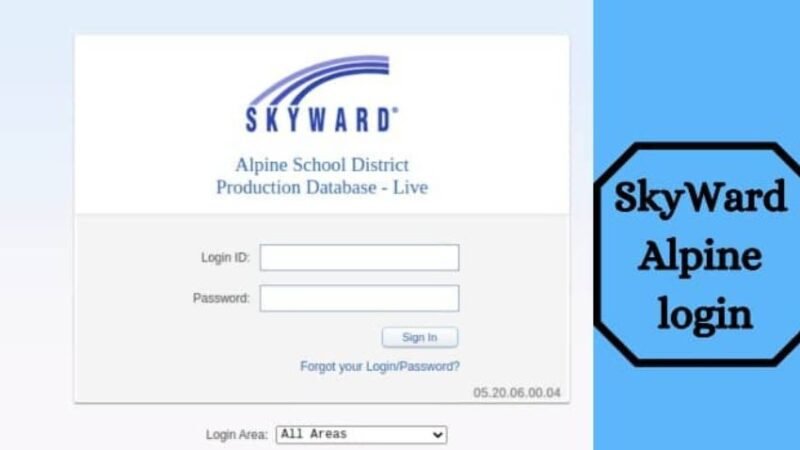If you’ve been thinking about making a career change, there is a huge variety of options open to you these days. For those who enjoy working with young people and helping them achieve their full potential, one great choice is becoming a school counselor. Here’s a quick overview of what you need to know if you’re interested in this path.
What does a school counselor do?
The role of a school counselor is a varied and interesting one, with the specific tasks and responsibilities differing according to the age group you work with. Broadly speaking, your job will be to offer guidance and support to the students in your care to help them make the most of their school years. For example, this could be by:
- Helping students to figure out which classes to take by examining their strengths, weaknesses, goals, and interests
- Supporting those who are struggling academically and working with them to develop good study habits and skills
- Assisting students with applications for college programs, scholarships, and jobs
- Counseling young people on different career options and how to achieve their goals
- Helping students who are suffering from social issues such as bullying
- Supporting students who are struggling with mental health concerns, including depression, stress, and anxiety
- Teaching classes on many relevant issues such as drug misuse, resume writing, and relationships
- Providing input on school policies and services
- Mediating conflicts between students, or students and teachers
How do I become a school counselor?
In order to be eligible to work as a school counselor, you will need to complete an accredited master’s degree in the subject. In order to enroll in this program, a bachelor’s degree is usually required – although this can be in any subject. You can expect the master’s course to take between two and four years, depending on whether you study full time or part-time. After graduating, you will be one step closer to becoming a fully licensed school counselor.
Each state has slightly different requirements when it comes to obtaining your license. However, as a general rule, you will need to complete a certain number of supervised internship hours in a real-life setting under the guidance of a certified school counselor. In addition, you will normally need to pass an examination and have a background check. Then once you have your license, you can begin applying for jobs.
What will I study on a school counseling program?
Taking a degree in guidance counseling enables you to study a rich and interesting curriculum. The specific modules you learn will vary depending on the college you attend and the exact program you choose, but you can expect a module list that includes several of the following topics:
- Academic and career counseling
- Crisis, trauma and disaster response
- Mental health and substance use
- Counseling families
- Introduction to special education and learning disabilities
- Developmental psychology
- Theories of personality
- Biological bases of behavior
- Play therapy
- Impact of psychosocial issues on learning
- Ethical and legal issues in school counseling
- Group counseling
- Theories of counseling
- Principles of school counseling
- Roles and responsibilities of a school counselor
- Counseling techniques
- Multicultural counseling
- Psychological testing
- Abnormal psychology
Some courses also include residencies or internships, during which you can get some real-world experience in a school and find out more about what the job is truly like. You will also participate in some mock counseling sessions with other students, where you can benefit from personalized feedback. This is a fantastic way to build your confidence and skills.
How to apply for a school counseling degree
If you’re interested in enrolling in a school counseling degree program, the first step is to research the available courses. One of the main factors you should look at is the module list to ensure that the degree covers the specific areas of school counseling that you are most interested in. Other aspects to think about include whether you want to study online or in-person, the reputation of the college and the course, the availability of internships, and the success rates of graduates.
Once you’ve chosen a program (or two), in order to apply, you’ll normally need to submit a resume, certificates, and transcripts from your previous studies, plus academic or professional references. You may also have to write a personal essay about why you want to take the course and become a school counselor. Be sure to let your passion for the subject and career it leads to shine through!


Recent Comments